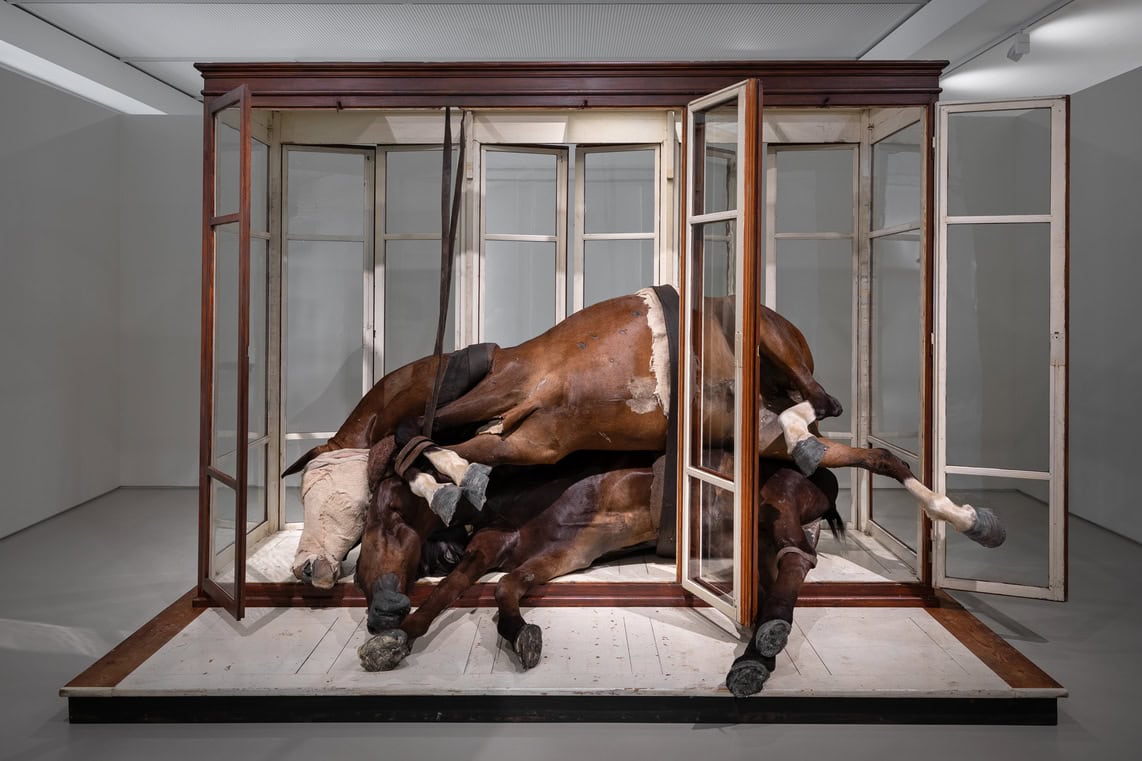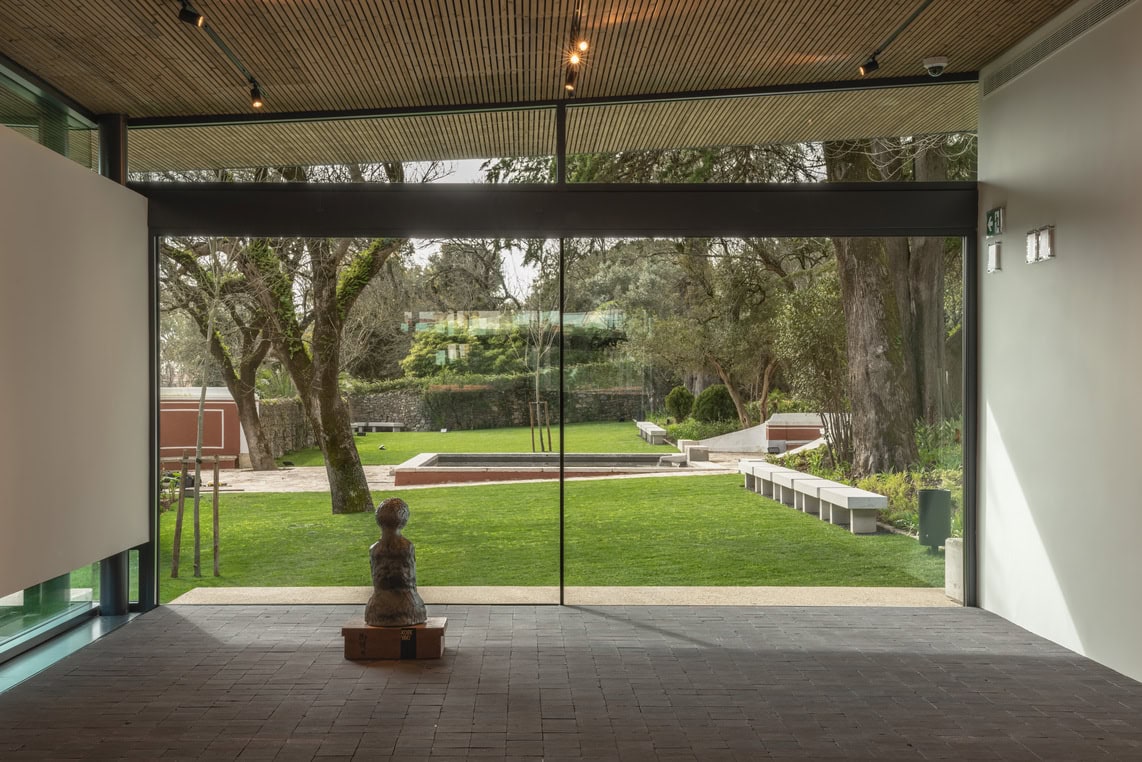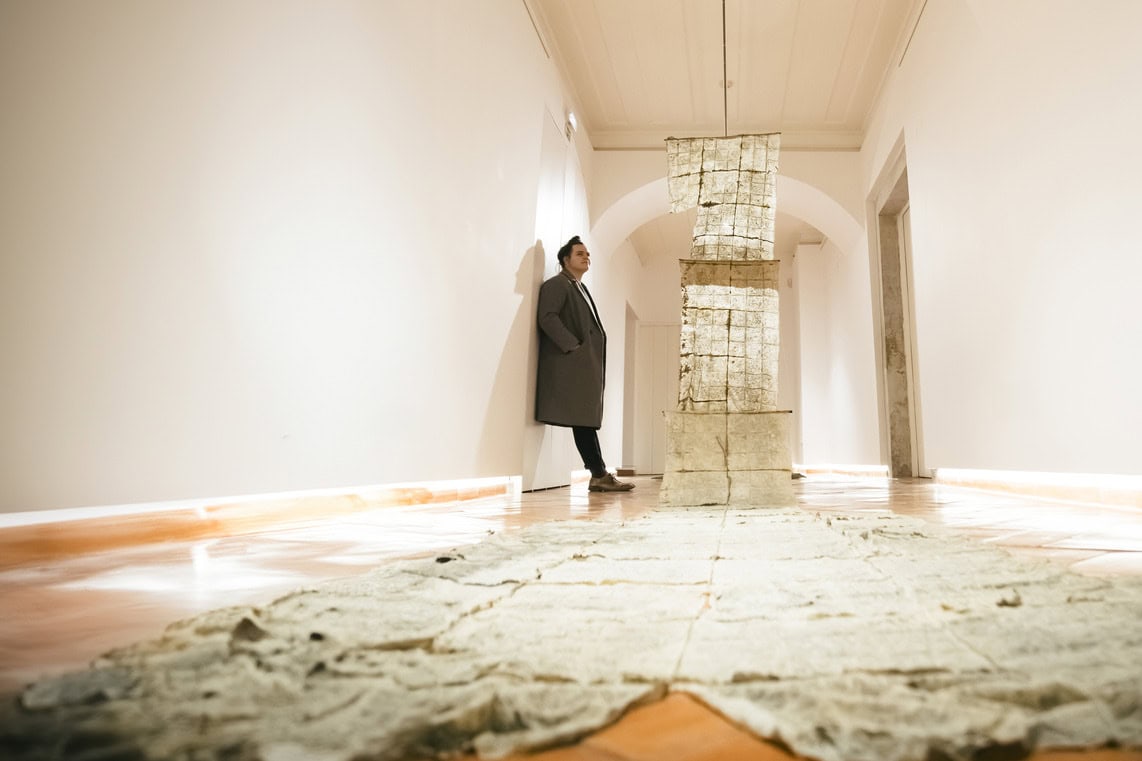A person without documents does not exist.
Délio Jasse spent the first seven years living in Portugal hoping to exist – at least as far as the Portuguese state was concerned. “That’s the standard the government sets,” says the 43-year-old artist, who left his hometown of Luanda to live in Lisbon in 1999. “I was terrified of the police. I even stopped playing in the street so as not to attract attention. I thought I could be deported at any moment.” As he waited for his citizenship to be formalised – his great-grandfather was Portuguese -, Délio Jasse studied and gathered documents from other people. It was then that he decided on the purpose of all his artistic work: to discuss Portugal’s ill-resolved relationship with its former colonies using documents, photos and archives of this shared history.
At Pavilhão Branco, the exhibition As Colónias Vão Ser Países unveils the way in which, through the artist’s hands, accounts of the colonial past become the very objects for questioning history and the power of narrative. With twelve series and works, Jasse is occupying the glass cube of Jardins do Palácio Pimenta, in Campo Grande, Lisbon, with works that use sophisticated image techniques. Using photographs that he has been buying mainly at the flea market Feira da Ladra (“I’m finding the entire history of countries for pennies”), the artist uses stamps to print the words “Caducado” (Expired), “Inutilizado” (Unused), “Liquidado” (Liquidated) and “Cópia” (Copy) throughout the exhibition. These were categories used by the dictatorial Portuguese state to validate and void documents of citizens from the former colonies. “The stamps are from that time, they weren’t made by me. There is no need to create anything, because it’s all there.”
In the series As colónias vão ser países, he features digital printing and serigraphy on almost transparent white fabrics to both discuss the veil that covers up our blurred view of history and comment on the “marriage” of Angolans and Portuguese, in which blacks were sponsored and had to adopt their colonisers’ names and surnames. In the series Esgotada II, he uses cyanotype and original writings from cancelled passports in red. Several projectors overlay black and white photographs on a wooden cube specially assembled for the exhibition, helping us to question how our collective memory has been built.
Whilst working with different photographic techniques, Jasse grasps the story’s thread to tell it again. But not through the eyes of the Portuguese, who have always held this narrative. “The Angolans had no way of taking photographs themselves. It was those who had the power who told the story. To tell the story of my grandparents, I still have to ask Portugal.”
More than ever, the work of artists like Délio Jasse is playing an important role in bringing these issues under the spotlight while, in terms of public debate, they are still being swept under the carpet. The Portuguese government has just rejected the possibility of reparations to former colonies following President Marcelo Rebelo de Sousa’s statement acknowledging Portugal’s responsibility for crimes committed during the colonial era. This is why Jasse reminds us to consider issues of decoloniality, i.e. the idea that societies have not completely freed themselves from colonialism with independence, as the institutional aspects of colonialist processes have remained.
Jasse has been living in Milan for nine years, where he has a fully-fledged photography lab at home and teaches alternative image techniques at NABA – Nuova Accademia di Belle Arti. He trains students in how to unravel and question family photos, which are often related to Italian fascism.
The 60th edition of the most traditional and celebrated art event in the world is taking place in nearby Venice. Entitled Foreigners Everywhere, the Venice Biennale’s motto is contemporary issues related to xenophobia, racism and the real and perceived borders of a world going through the biggest migration crisis in human history: 108.4 million people are displaced, according to the UN High Commission for Refugees. Artists such as the Angolan Kiluanji Kia Henda, the Brazilian Dalton Paula, the Algerian Lydia Ourahmane, the British Yinka Shonibare and the French-Moroccan Bouchra Khalili are some of the several international artists at the Biennale who are looking at decolonial guidelines in their work. Greenhouse, the Portuguese Pavilion by curators and artists Mónica de Miranda, Sónia Vaz Borges and Vânia Gala, is a Creole garden that discusses diaspora and resistance.
“Any artist can and should address these issues,” Jasse defends. “It does not matter what colour they are, or where they come from. The important thing is to do it.”
As Colónias Vão Ser Países, by Délio Jasse, is on show at Galerias Municipais de Lisboa – Pavilhão Branco, in Lisbon, until June 30.
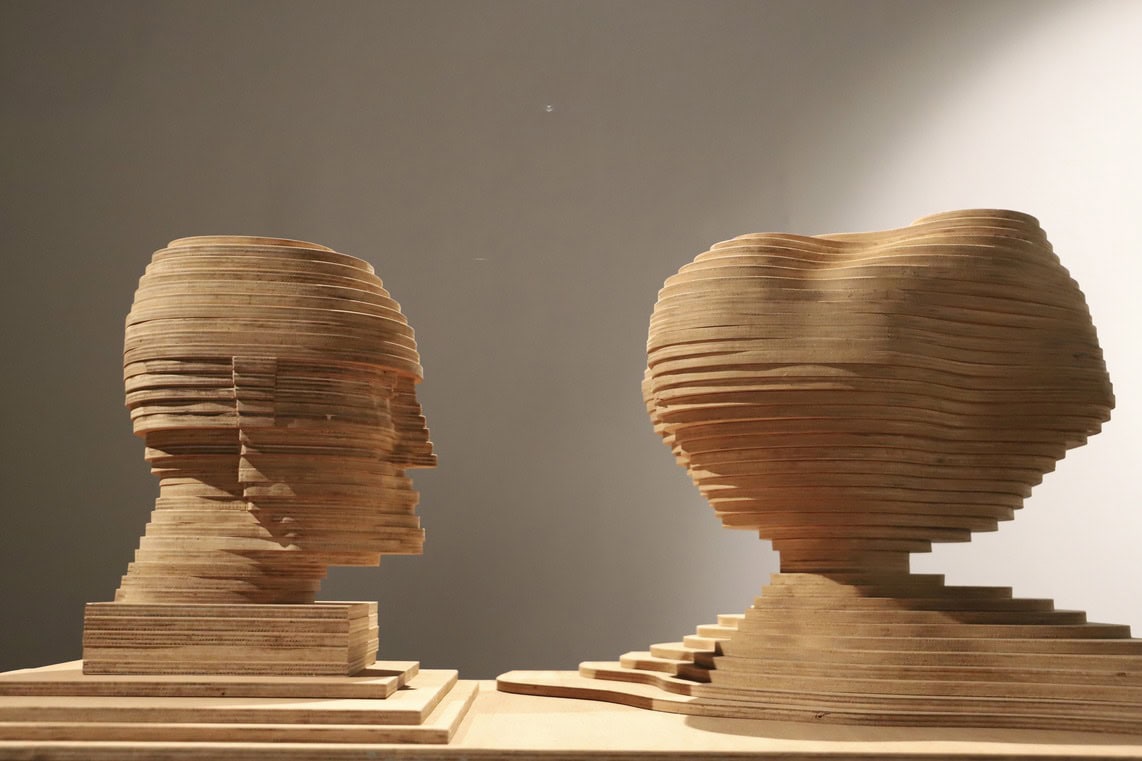
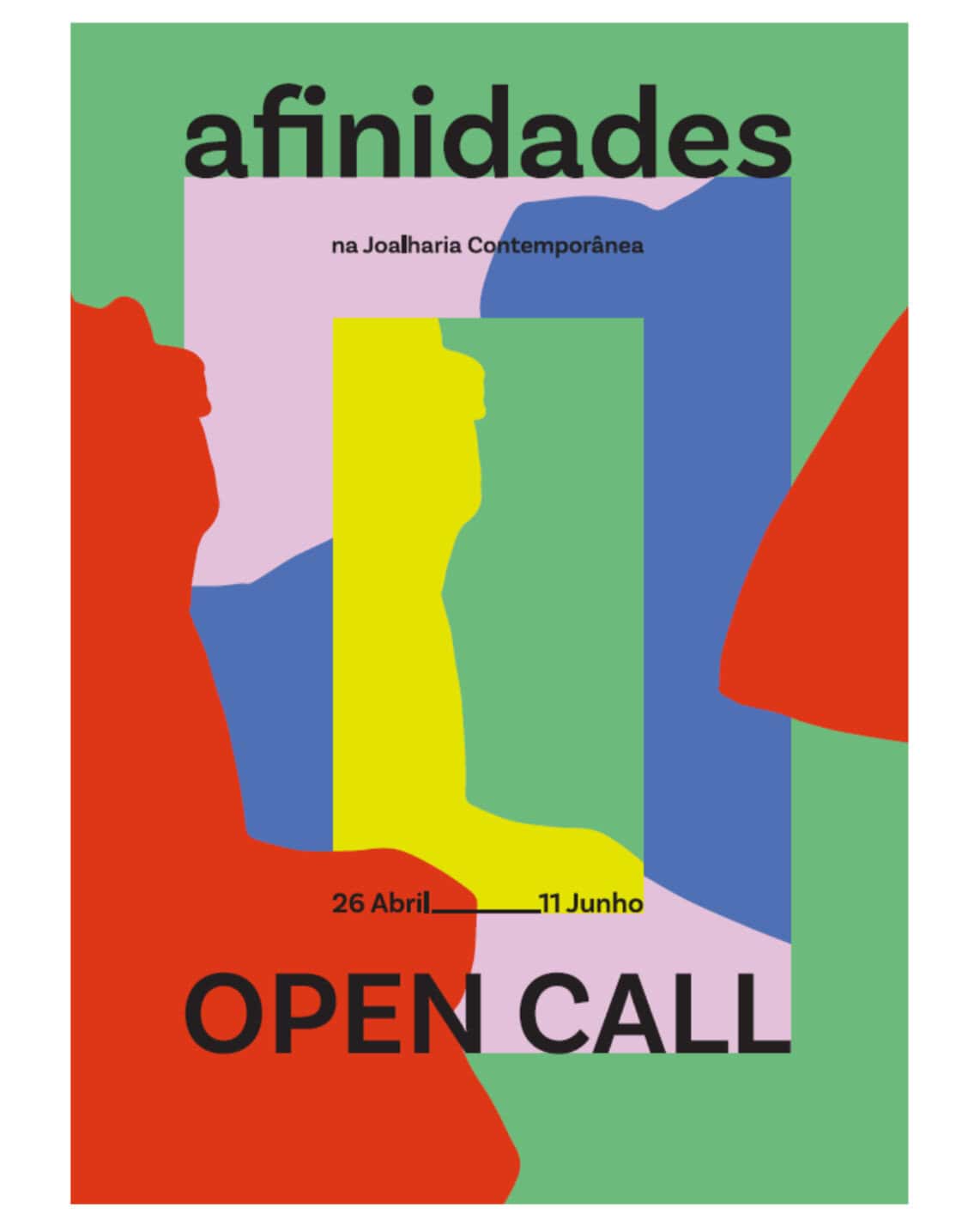
Loop Lab Busan-7qk50.JPG)
